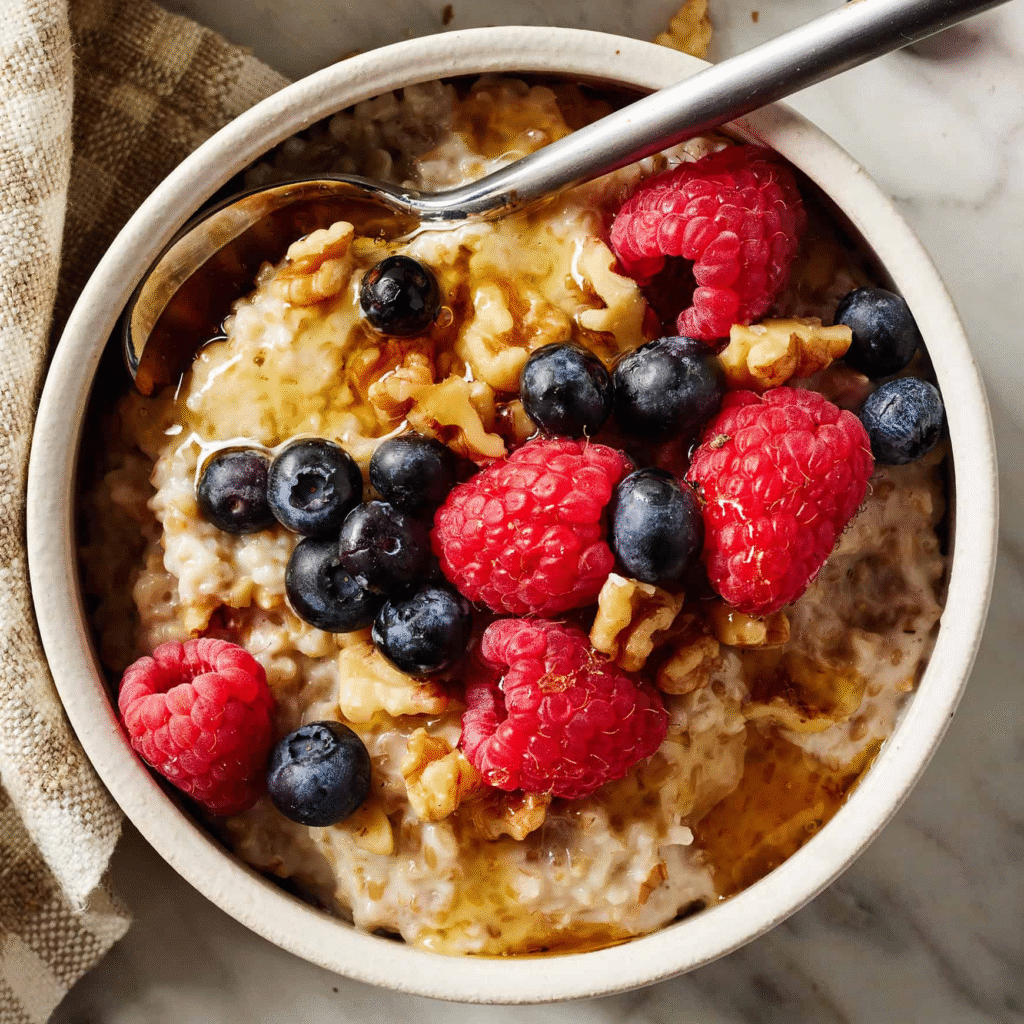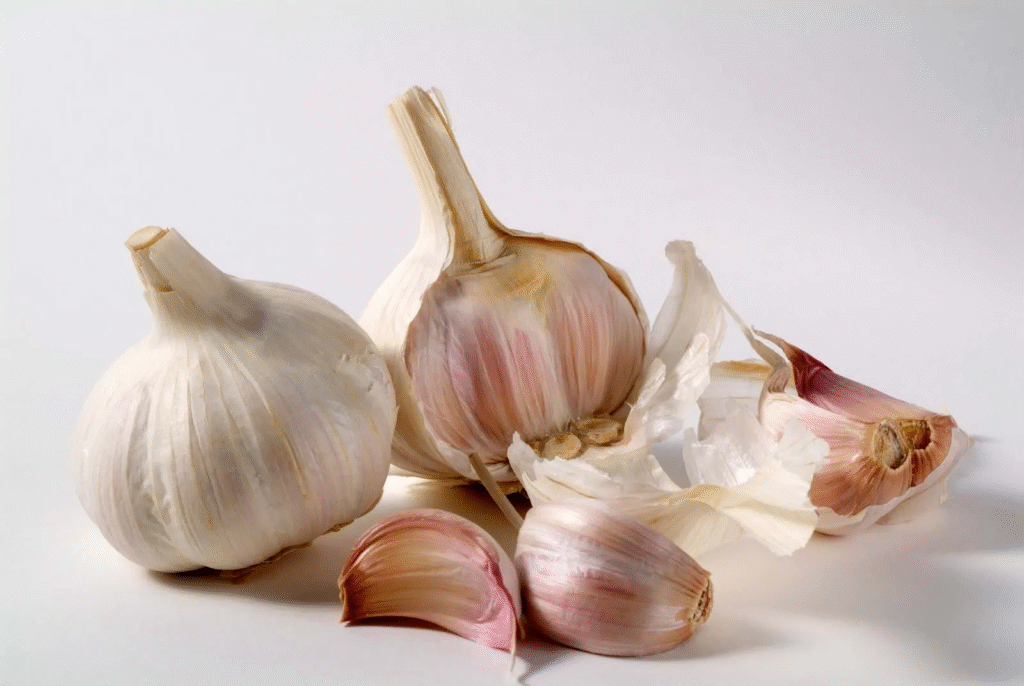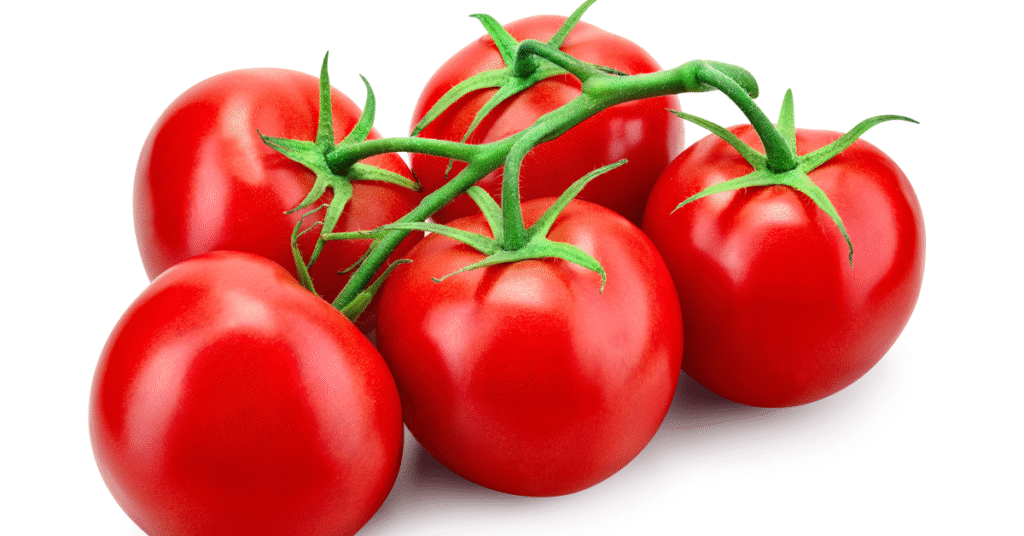When eaten regularly, many low-carb foods can help lower cholesterol and blood pressure and improve heart health.

Maintaining healthy blood pressure and cholesterol levels is one of the most effective ways to reduce your risk of heart disease, stroke, and diabetes. While medication can be necessary for some, diet plays a powerful role in prevention and management.
Here are 12 scientifically supported foods that can help improve heart health:
1. Oats

Image Idea: Bowl of oatmeal topped with berries
Serving size: 1 cup cooked
Carbohydrates: ~27 grams
Oats are rich in soluble fiber (beta-glucan), which binds to cholesterol in the digestive tract and helps remove it from the body. Regular oat consumption has been shown to lower LDL (“bad”) cholesterol and support overall heart health.
2. Salmon (and Other Fatty Fish)

Image Idea: Grilled salmon fillet with lemon
Serving size: 3.5 ounces
Carbohydrates: 0 grams
Salmon, mackerel, sardines, and other oily fish are packed with omega-3 fatty acids, which reduce inflammation, improve blood vessel function, and help lower blood pressure. The American Heart Association recommends at least two servings per week.
3. Nuts (Almonds, Walnuts, Pistachios)

Image Idea: Mixed nuts in a wooden bowl
Serving size: 1 ounce (~23 almonds or 14 walnut halves)
Carbohydrates: 3–5 grams
Nuts are nutrient-dense, containing healthy fats, protein, and fiber. Studies show they can reduce LDL cholesterol while boosting HDL (“good”) cholesterol. Walnuts, in particular, are rich in plant-based omega-3s.
4. Berries (Blueberries, Strawberries, Raspberries)

Image Idea: Fresh berries on slate background
Serving size: 1 cup
Carbohydrates: 11–15 grams
Berries are loaded with antioxidants and polyphenols that improve blood vessel elasticity and lower oxidative stress. They also provide fiber that supports healthy cholesterol levels.
5. Spinach

Image Idea: Fresh spinach leaves close-up
Serving size: 3.5 ounces
Carbohydrates: 2.6 grams
Spinach is a top source of potassium, magnesium, and nitrates — all nutrients linked to lowering blood pressure. As a dark leafy green, it also contributes to overall cardiovascular and metabolic health.
6. Garlic

Image Idea: Garlic bulbs and cloves on rustic board
Serving size: 1 clove (3 grams)
Carbohydrates: 1 gram
Garlic contains allicin, a compound shown to reduce blood pressure and lower total cholesterol. Regular use (raw or lightly cooked) may also reduce arterial stiffness.
7. Olive Oil

Image Idea: Olive oil pouring into bowl
Serving size: 1 tablespoon
Carbohydrates: 0 grams
A cornerstone of the Mediterranean diet, olive oil provides monounsaturated fats, polyphenols, and vitamin E. These compounds have anti-inflammatory and cholesterol-lowering effects, helping reduce risk of heart disease.
8. Avocado

Image Idea: Sliced avocado on toast
Serving size: 3.5 ounces
Carbohydrates: 8.5 grams
Avocados are rich in heart-healthy fats, potassium, and fiber. They are linked to reduced LDL cholesterol, improved blood flow, and better overall cardiovascular function.
9. Beans (Black, Kidney, Chickpeas, Lentils)

Image Idea: Assorted beans in bowls
Serving size: 1 cup cooked
Carbohydrates: 20–25 grams (with high fiber)
Beans provide soluble fiber, plant protein, and minerals that help lower cholesterol and regulate blood sugar. Eating beans regularly is associated with lower cardiovascular risk.
10. Dark Chocolate (70%+)

Image Idea: Dark chocolate squares with cocoa powder
Serving size: 1 ounce
Carbohydrates: ~12 grams
Dark chocolate contains flavanols, plant compounds that improve blood flow and reduce blood pressure. Opt for varieties with at least 70% cocoa for the greatest benefit with minimal added sugar.
11. Green Tea

Image Idea: Steaming cup of green tea
Serving size: 1 cup (240 ml)
Carbohydrates: 0 grams
Green tea is high in catechins, antioxidants shown to lower cholesterol and blood pressure. Drinking 2–3 cups daily may support long-term heart health.
12. Tomatoes

Image Idea: Fresh tomatoes on vine
Serving size: 1 cup raw
Carbohydrates: 5 grams
Tomatoes are rich in lycopene, an antioxidant linked to lower cholesterol and reduced heart disease risk. Cooking tomatoes in olive oil increases lycopene absorption.
Key Takeaways
- High-fiber foods (oats, beans, berries, spinach) lower cholesterol.
- Omega-3 rich foods (salmon, nuts, olive oil) lower blood pressure and inflammation.
- Antioxidant-rich foods (berries, green tea, tomatoes, dark chocolate) protect heart health.
- Lifestyle factors — exercise, stress management, sleep — are equally critical.
✅ Next Step
- 👉 Want more heart-healthy recipes & lifestyle tips? Visit our website (https://fortitudejojo.com/) for meal ideas, nutrition guides, and wellness inspiration.
- Pin & save this list for grocery shopping!
- Work with a nutritionist for a tailored plan.
